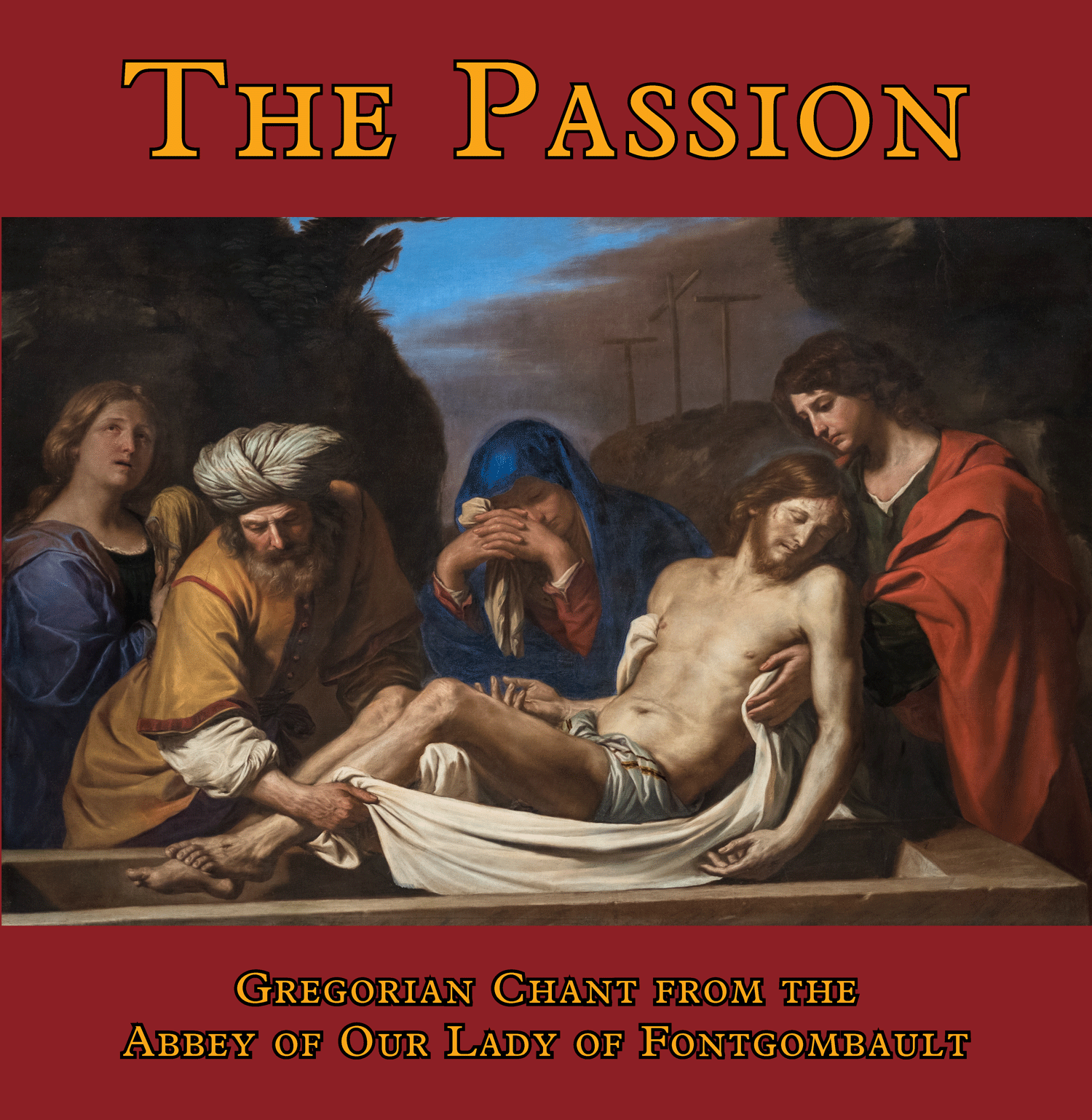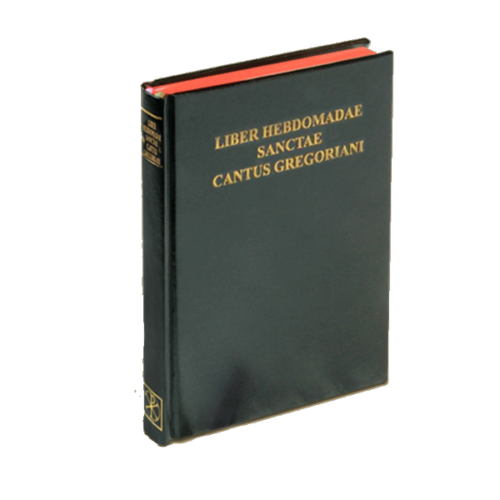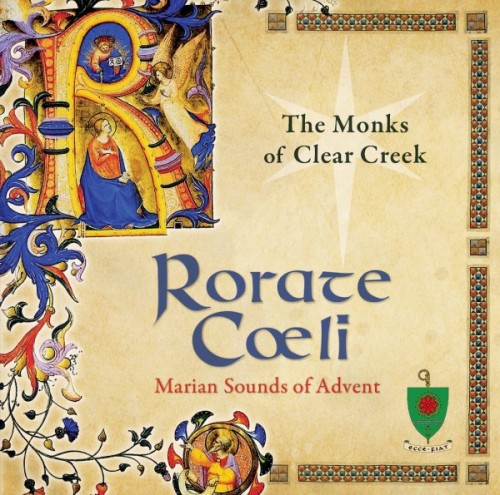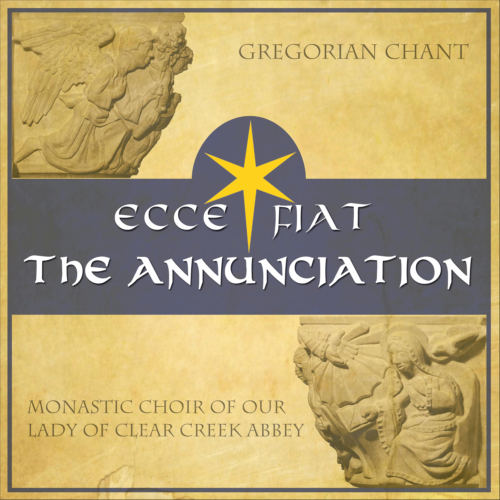$15.00
- Gregorian Chant for Passiontide from the Benedictine Abbey of Fontgombault in France.
- 25 tracks, total time 73’17”
- Physical CD only with Latin-English booklet, click here to preview.
- Listen a sample track here for the Introit Nos Autem of Holy Thursday:
96 in stock
Description
Gregorian Chant CD for Passiontide from the Monks of Fongombault:
25 tracks, total playing time 73 minutes and 17 seconds
Track list
1. Responsory Vadis Propitiator
2. Introit Judica me
3. Gradual Eripe me
4. Communion Hoc Corpus
5. Gradual Deus
6. Offertory Eripe Me
7. Communion Ne Tradideris
8. Introit Domine
9. Offertory Improperium
10. Communion Pater
11. Offertory Eripe Me
12. Communion Erubescant
13. Gradual Ego Autem
14. Offertory Custodi me
15. Tract Domine
16. Offertory Domine
17. Introit Nos Autem
18. Responsory Ecce vidimus
19. Responsory Eram quasi Agnus
20. Great Improperia
21. Lesser Improperia
22. Responsory Tenebrae
23. Responsory O vos omnes
24. Responsory Ecce quomodo
25. Gradual Christus
We are therefore invited to follow Christ step by step in His Passion, at the rhythm of the liturgy, uniting our own suffering to His suffering, and joining our prayer to His prayer. We are gently urged to do so by Our Lady in the splendid response Vadis propitiator, which opens this disk. The Blessed Virgin addresses her Son, giving her consent to His sacrifice, while she cannot but help noticing with sorrow in what a loneliness He is going to live His passion. This loneliness pervades all the pieces, and the Lord Himself complains several times about it. Alone amidst the men, Christ is nonetheless always with His Father. His prayer, beginning with the introit Judica me, successively takes the form of an insisting request for deliverance from His enemies’ hand, of a call full of trust, but also sometimes full of anguish, and the form of an affirmation of His perfect submission to God’s will. This prayer is taken mainly from the Book of Psalms, which allows us an access into Christ’s soul.
The introit Nos autem, from the Mass In Cena Domini, on Maundy Thursday, and the response Ecce vidimus introduce the pieces taken from the holy days, and constitute an intermezzo, as it were: the Church voices there her faith in the redemption carried out by Christ, and sings the Cross, the principle of life and resurrection. Then we have the Improperia, namely, the reproaches, as well as the sorrowful complaining, put by the Church on the Saviour’s lips on Good Friday. As Dom Joseph Gajard said, “here are revealed both the deep suffering and the deep love filling the Lord’s soul at the hour of His passion and death.” The response Tenebræ then takes us to Calvary, where we are present at Christ’s last moments on the Cross. The liturgy of the Passion fortnight insists on Christ’s suffering. But it also gives us a foretaste of the glory of His resurrection. That is why the disk ends with the gradual Christus, sung at the end of the Office of Tenebræ every day during the three holy days, and at the Mass In Cena Domini. Taken from the epistle to the Philippians (2:8-9), this text, adorned by an especially expressive melody, sheds the ultimate theological light on the Passion events: the obedience leading Christ to death is a path towards glory, a glory we are called to share with Him in eternity: “Christ became obedient unto death, even death on a cross. Therefore God has highly exalted Him and bestowed on Him the Name which is above every name!”
Related products
-
Rorate Coeli CD
$15.00







